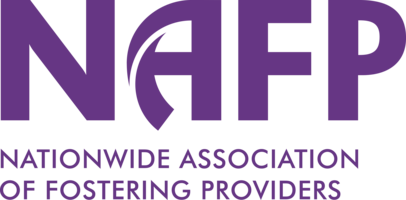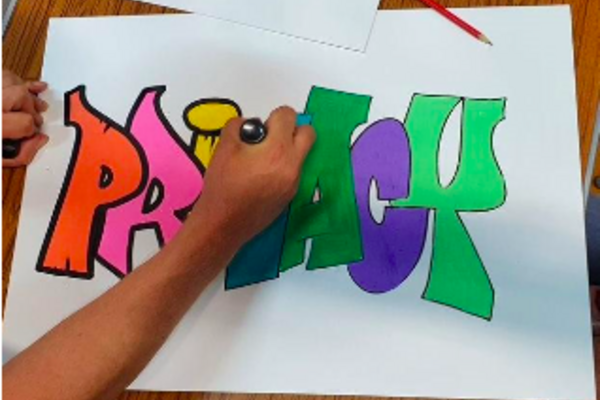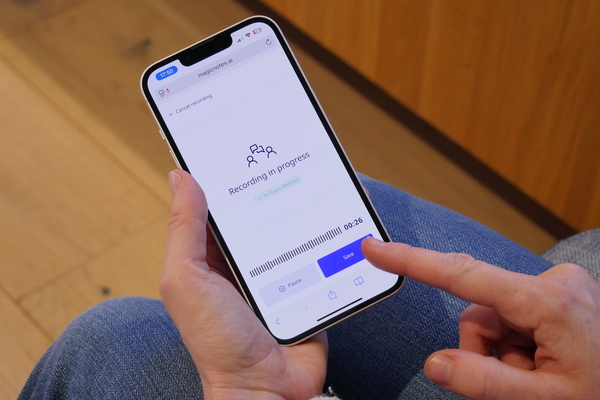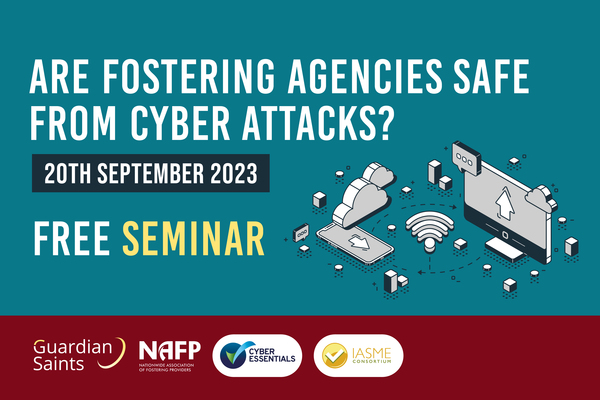In a rapidly changing digital world, foster carers looking after some of the most vulnerable children, described little well-informed support or up to date training to address children’s online life.
To develop a new training course tailored to their needs, 70 foster carers took part in a consultation. We learned when they last received training, how it worked out in practice, and what they wanted a course to include. Their parenting styles were explored along with their boundaries, or rules about using technology and how they approached this with a child. In addition, 40 care-experienced young people from different local authorities gave their points of view in workshops.
Outdated?
41% of foster carers last had training in online safety 2-5 years ago (among them, 5% said it was more than 5 years ago). Only 37% received training in online safety as part of their training to become a foster carer. 8% received it as part of child protection training and 24% as a segment of their safeguarding training.
Not tailored to a foster care scenario
Where foster carers had received online safety training, this focused mostly on helping a ‘mainstream child’ to stay safe online, with less or no emphasis given to online safety for foster carers in particular, or how vulnerable children experience the digital world.
Only 36% said that online safety for vulnerable children (e.g. children with Special Educational Needs, disabilities, trauma experiences, mental and emotional difficulties or care experience) had been sufficiently covered. Worries include:
‘My child will be able to download TikTok and other bad things and will be very clever in hiding her phone. She will also get contact with her Mom and Dad.’
‘Contact with inappropriate family members Accessibility to inappropriate sites. Protecting the vulnerable from further trauma or abuse. Having v bucks bought by a stranger and the vulnerability this poses for what child is expected to do to in exchange. Addiction. Vulnerability in paying for other people/not understanding the risks posed. Being groomed.’
Delivery has been patchy
While all long term and emergency carers had received online safety training, there were groups of foster carers who had missed out. 60% of kinship carers had not received it.
Training did not always meet needs
Considering the potential harms that may arise from dangerous or high-risk situations online, it is worrying that more than half of the foster carers (55%) felt that their online safety training did not meet their needs. Carers under the age of 50 were least likely to say their training had met their needs: (29%) along with 1/3 of those who had been fostering for three years or less.
Children and young people offered a raft of suggestions
The same key priorities emerged from all groups:
- How long it took to build trust between a new carer and a child
- How arguments about digital life damaged fragile trust
- What it felt like arriving in a new placement with new rules
- How they wanted their foster carer to understand and not over-react when things went wrong online
- They wanted to be listened to when things go wrong online
- Issues around privacy
Restrictions can unintentionally increase risk
While they were sympathetic to the enormous responsibility that foster carers take on to keep them safe, among the children, five had experienced four or more placements, 17 had three or more. This could make you feel ‘like an Amazon package’ said one boy. They described how rules were often imposed not negotiated.
Confiscating phones or denial of wi-fi access were commonly used punishments that could lead to deceit and hacks as the child tried to evade the restrictions. This did not make them safer. It could make a teen more likely to accept a phone as a ‘secret gift’ from someone, or to hang out in places with public w-fi. Others used hidden apps.
The tension between a natural wish for privacy on the part of teenagers and the need to monitor their activity, needs to be navigated carefully. It can produce a good result: one girl explained ‘It is the first time anyone has cared if I’m safe.’ Distilled into a slogan, the message from young people was ‘Trust, Don’t Combust’ the title of the report.
Support, training and resources in this free course
All that we learned, shaped this unique training course created with foster carers, care experienced young people, psychologists and online safety specialists. Alongside the eight modules of the accredited online course is a resource and tools library to support trainees. Videos, presentations and useful resources from external organisations are brought together in a one-stop site for foster carers. The course is free now in return for answering questions to help us evaluate it.
Learn about the Enable approach in an introductory section, followed by eight modules. Each is divided into 3 topics to allow foster carers to work on it in short 20 minute bursts at their own pace. Gain your certificate of accreditation upon completion.









